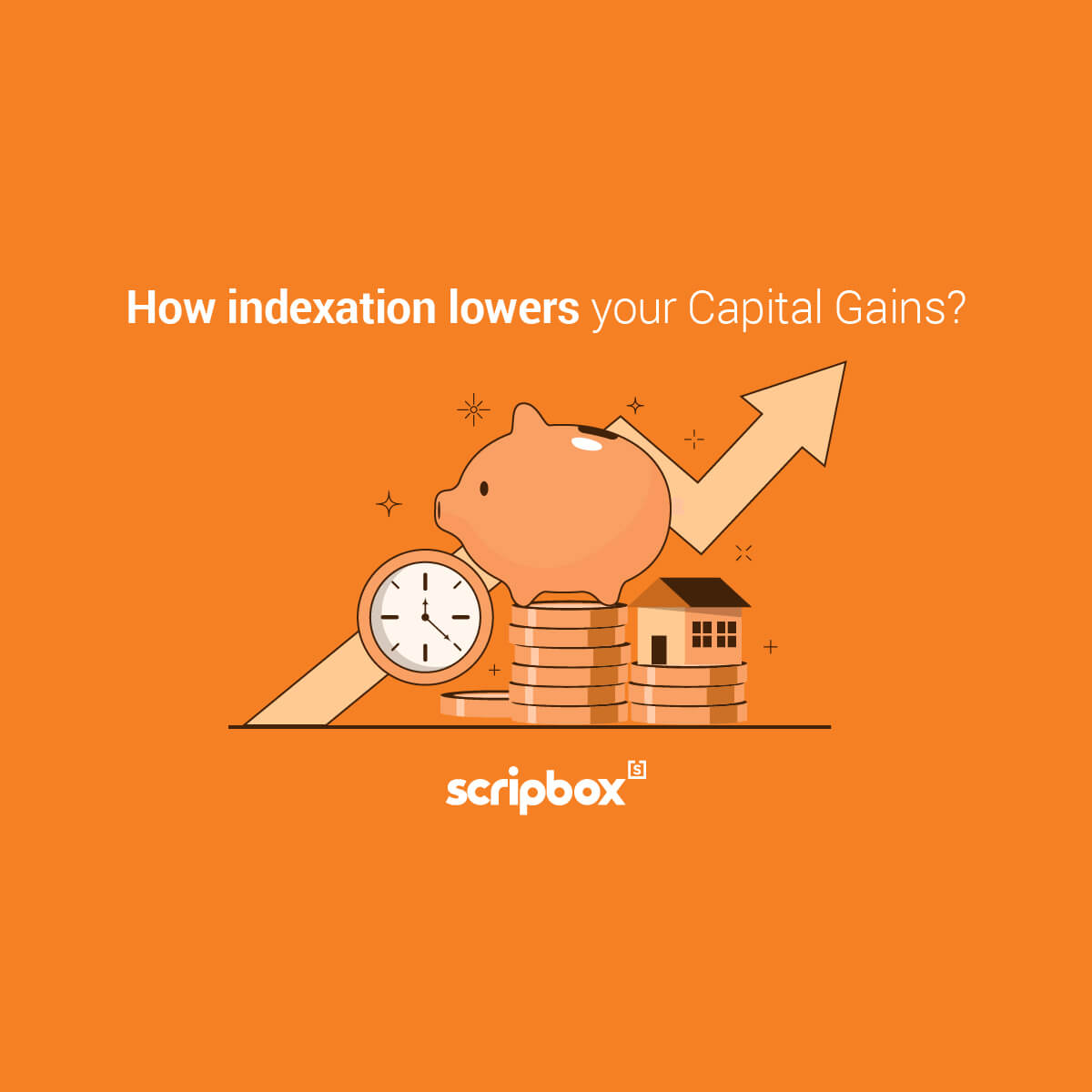
What is Value Investing?
Anything can lead to the market breaking resistance levels (highs) and support levels (lows). Investor sentiments, credit ratings and any rumour about the company are just a few examples that lead to volatility in the market. These market movements can...

Indexation – Meaning, Benefits and Calculation
Investments carry risks, the higher the risk the higher the returns and returns are subject to capital gain tax. Indexation here plays a vital role. Indexation helps in lowering down the comprehensive tax liability by regulating the purchase price of...

Association of Mutual Funds in India (AMFI)
What is AMFI? AMFI, The Association of Mutual Funds in India, a non-profit government organization. SEBI regulates it primarily. Further, it dedicates itself to maintaining a Mutual Fund industry that is run across ethical lines. It maintains a high level...

Income Funds
Income funds attempt to generate consistent and regular returns for an investor by investing in government securities, debt instruments, high dividend generating stocks. What is an Income Fund? Income funds belong to the category of debt mutual funds that focuses...

What is Debt Fund?
Debt funds are a great investment opportunity if you know what to look for and what kind of debt funds to invest in. Debts funds are seen as favourable investment options because they attempt to deliver stable and low-risk returns that are better than other comparable options like fixed deposits.
Practical Insights For Wealth Creation
Our weekly finance newsletter with insights you can use
Your privacy is important to us

What is ULIP?
What is ULIP? ULIP Full Form is a Unit linked insurance plan which is a mix of investment and insurance cover. The financial goal is to offer wealth creation and life insurance cover through investing a portion of the premium...

Dividend Reinvestment Plan
What is a Dividend Reinvestment Plan? A dividend reinvestment plan allows you to reinvest the money you earn through dividends in the mutual fund itself. Through this plan you will receive additional units as dividends, and over time, you can...

Monthly Income Mutual Funds
What are Monthly Income Mutual Funds? Monthly Income Mutual Funds or Monthly Income Plans (MIPs) are debt-oriented hybrid mutual funds that invest a small portion in equity instruments. The equity portion is considerably low to give an advantage of stability...









